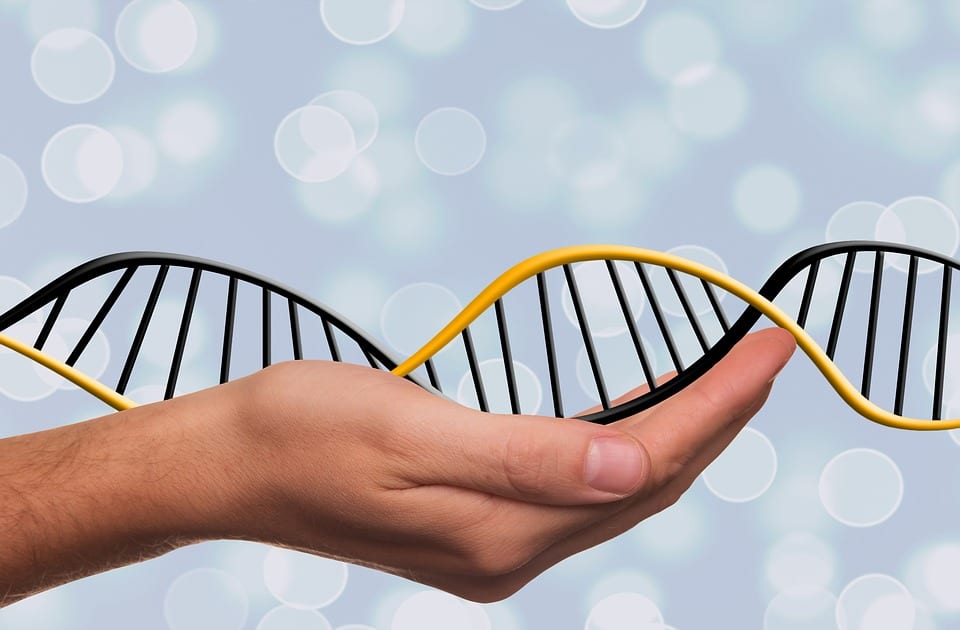Trending Now
Successfully decoding the human genome is easily one of the biggest advances in modern science.
It’s allowed for a number of exciting advances, but perhaps one of the best-known innovations has been personalized genetic testing which allows people to learn more about their ancestry as well as detect health anomalies and risk factors for genetically-carried diseases.
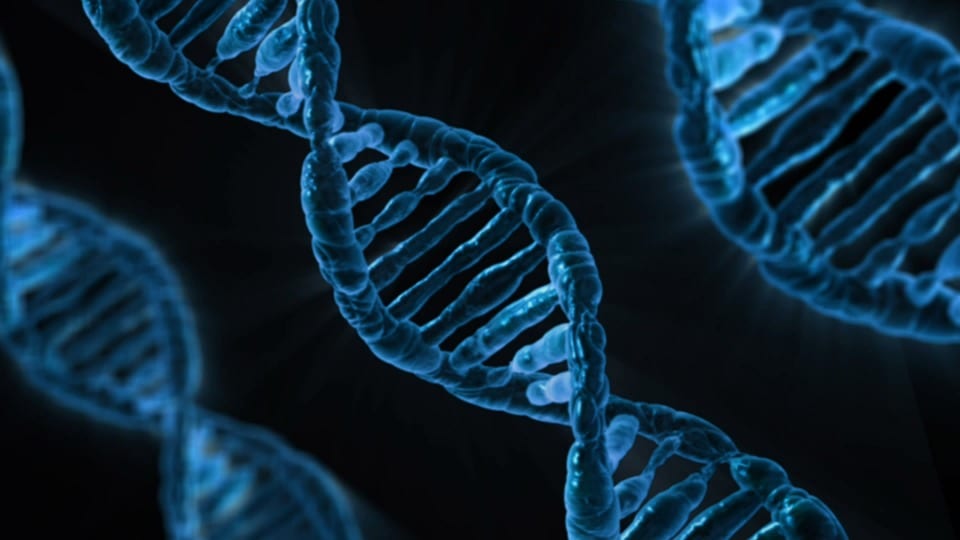
Photo Credit: Pixabay
Today, there are various DNA testing services out there, each promising to reveal the secrets of your genes. All you’ve gotta do is send in a DNA sample (usually saliva, sometimes hair) to the company using a tube that they provide.
Several weeks later, they send you a lovely packet of results with lots of colorful charts and maps and numbers.
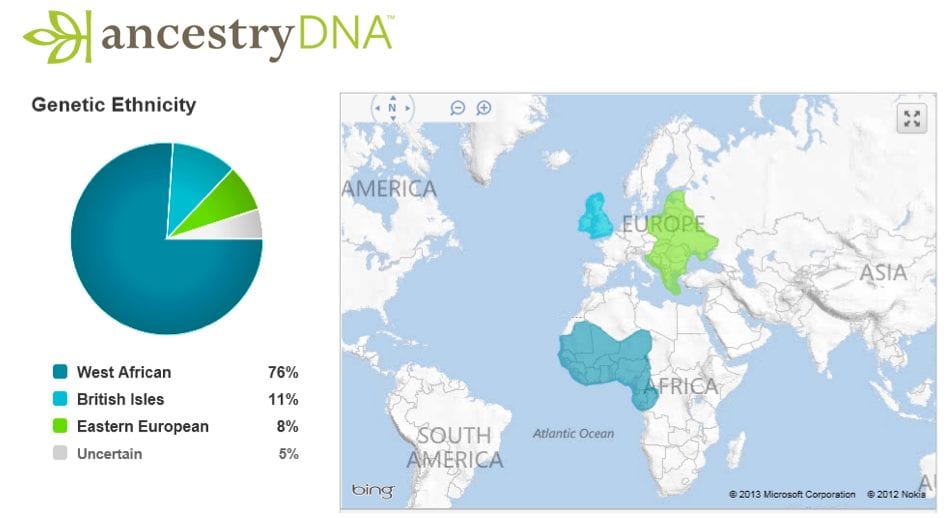
Photo Credit: Ancestry.com
While it all looks and sounds very scientific, just how reliable are the results?
Sadly, it turns out there’s a lot of wiggle room.
You see, there’s no one standard procedure to conduct DNA tests, and each company has its own methods that can lead to you very different results. For instance, Inside Edition had triplets send in spit samples to 23andMe and Ancestry.com and got wildly different results from each.
What’s crazier still is that neither service gave each triplet the same results as each other, which is odd considering they all came from the same womb at the same time.
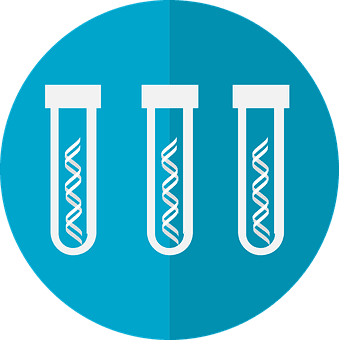
Photo Credit: Pixabay
This is partly because DNA tests rely on using genetic markers – small variations in your DNA.
Different companies can analyze anywhere from 12-700,000 different markers to give your results, and while using more markers can help improve the accuracy of your results, there’s no single, “perfect” method.
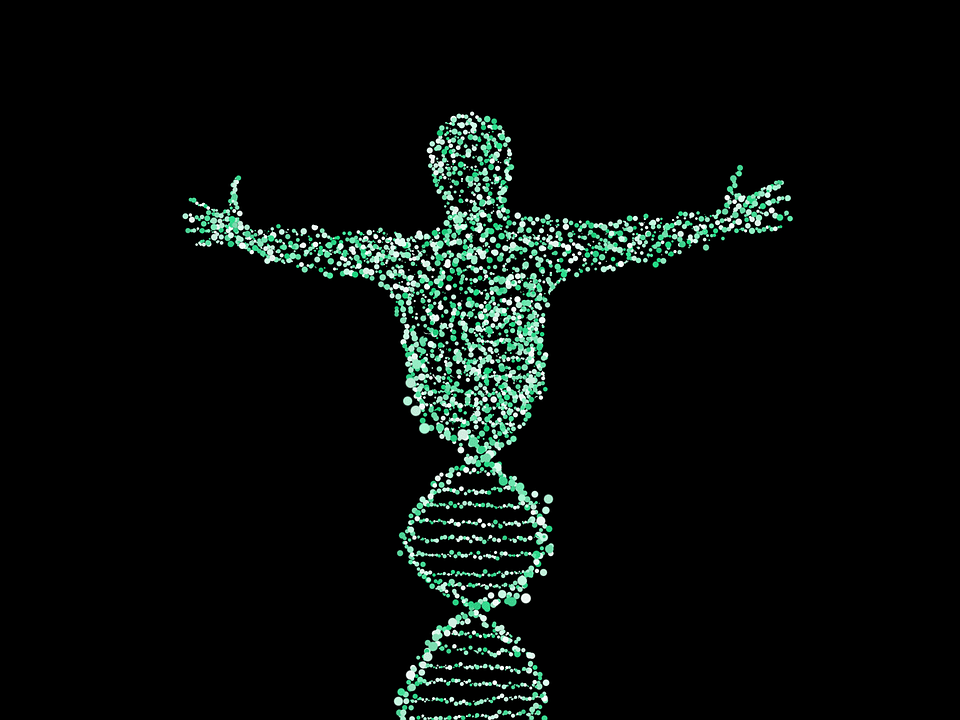
Photo Credit: Pixabay
Your results from different companies can also differ because of the size of the database being used.
When you send in your DNA, the markers from your sample are actually compared to all the other samples in their database (i.e. all the other clients of that company) in order to generate your results. This means that a given testing company’s ability to give you the best results possible is very much hinged on the number of customers they’ve already analyzed – the more people in the database, the more thoroughly vetted your results will be.
Not surprisingly, these databases are very Euro-centric, since many of the people tested so far have been of European descent. There are also much better historical and genealogical records of European populations than there are for other regions of the world. As long as the majority of your ancestry is from Europe, you’re likely to get fairly reliable results.

Photo Credit: Pixabay
But if you’re any other ethnicity – particularly something that doesn’t have much of a traceable genealogy (descendants of former African slaves, for instance) – you might have a hard time getting the kind of result that would provide any real closure about your ethnic identity.
Speaking of which, there have been allegations that these companies sometimes adjust results to make them more appealing to customers who were clearly looking for something specific. More amusingly, it’s also been alleged that they sometimes add “less than 1% African ancestry” to the results of racist clients. While the testing companies have vehemently denied these rumors, stating that they value scientific integrity far too much to do anything like that, it’s definitely a little worrying to think about.
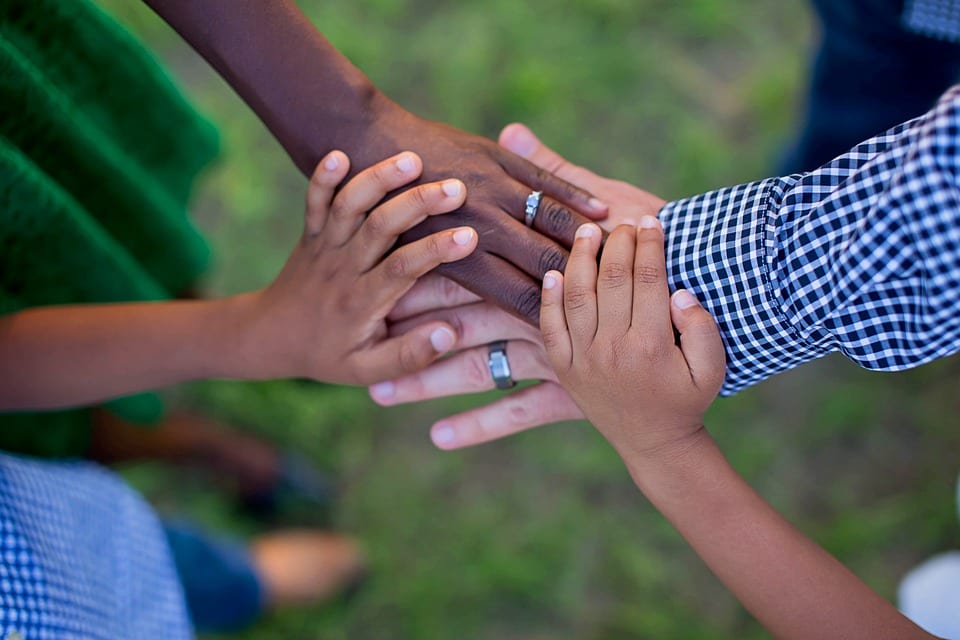
Photo Credit: Pixabay
Even more concerning, however, is the thought that these companies aren’t really very well-regulated (if at all). You’re basically just handing over your DNA to a private company which, by the very nature of how it does its business, will keep your information in their database going forward. In this day and age of personal data being bought and sold by big companies hundreds of times a day, that’s a sobering thought. While I’m not saying that DNA testing companies have engaged in any shady behavior with your data, it’s also not something I’d put past anyone anymore.
Now, all this isn’t meant to completely scare you off DNA testing, however. While it’s true that ancestry results aren’t always as accurate as they could be, the medical results obtained from such a test could be extremely valuable. It could reveal if you have risk factors for certain diseases (especially ones that are hereditary), allowing you to adjust your lifestyle to hopefully be healthier. In some cases, early detection can be critical to being able to treat a condition.

Photo Credit: Pixabay
It’s also important to realize that the DNA testing companies aren’t actually lying to us.
Most of them do state pretty clearly that your results aren’t set in stone, and are really more of a range of possibilities based on the best information available than a concrete answer. A big part of the problem is that people tend to get blinded by the science – we have a tendency to see all those charts and numbers in our results and give them a lot more weight than they actually carry.

Photo Credit: Imgflip
Results also tend to have a section that says what level of confidence the testers feel about a given result.
For instance, you might get a “50% Swedish” ancestry result, but if the confidence interval for that result is only about 30%, there could be a high chance that another test finds a totally different result regarding your Scandinavian heritage. Alternatively, having a high confidence level in a particular result means it’s likely that that result is fairly accurate.
For those looking to find a particular ancestry that maybe didn’t show up the first time, lowering the required confidence interval of your results could get more variety in them, at the cost of accuracy.
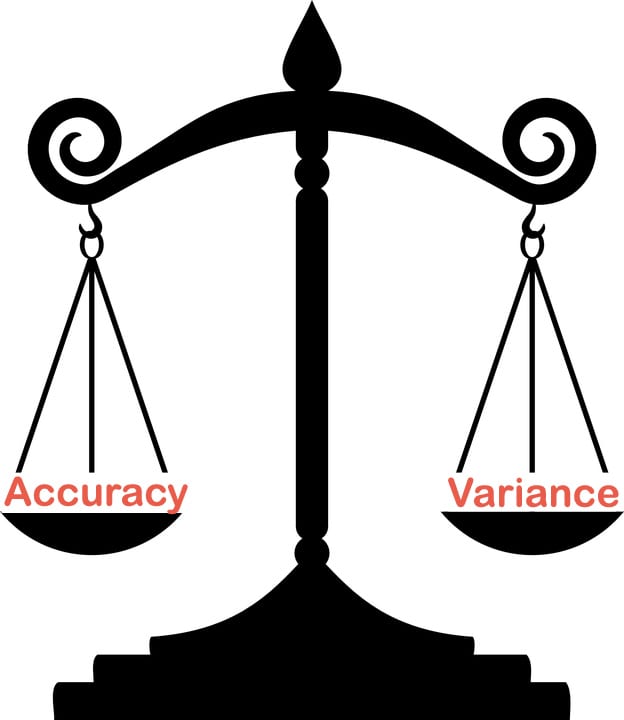
Photo Credit: Pixabay
Lastly, it should also be noted that trying to find out your ancestry can get pretty tricky considering just how long people have been wandering around this world of ours. Whether it was conquering armies raping and pillaging or just some good old-fashioned, consensual interracial lovin’, people have been mixing around their DNA for a long time with very little regard to difficult it might make life a little easier for their descendants trying to learn about their ancestry.
Just about everyone’s got a mixed bag, and it’s only going to get more jumbled up as international travel gets easier, and more and more people have the means and desire to see the world.
Frankly, I think that’s a beautiful thing.

